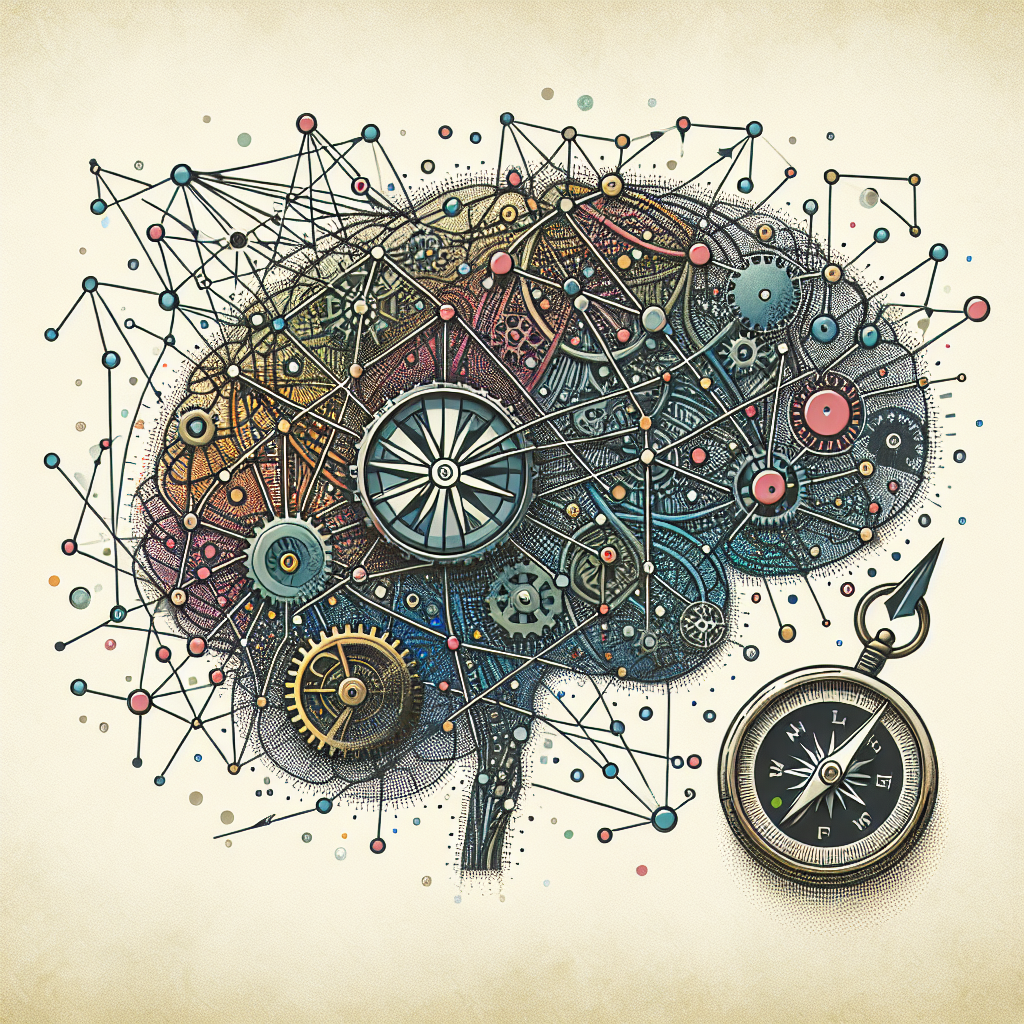Fix today. Protect forever.
Secure your devices with the #1 malware removal and protection software
The rapid advancements in artificial intelligence (AI) and machine learning technologies have raised a number of ethical dilemmas that society must grapple with. These technologies have the potential to revolutionize industries, improve efficiency, and enhance our quality of life, but they also come with a host of ethical concerns that need to be addressed.
One of the key ethical dilemmas in AI and machine learning is the issue of bias. AI algorithms are only as good as the data they are trained on, and if that data is biased, the results will also be biased. For example, a facial recognition algorithm that is trained on a dataset that is predominantly white may struggle to accurately identify faces of people of color. This can have serious consequences, such as leading to false arrests or other forms of discrimination.
Another ethical dilemma is the issue of transparency and accountability. AI algorithms are often complex and opaque, making it difficult to understand how they arrive at their decisions. This lack of transparency can make it challenging to hold companies accountable for the decisions their algorithms make, especially in high-stakes situations like healthcare or criminal justice.
Additionally, there is the ethical dilemma of job displacement. As AI and machine learning technologies automate more tasks, there is a risk of widespread job loss in certain industries. This raises questions about how society should handle the economic and social consequences of automation, and what responsibilities companies have to retrain and support displaced workers.
So how can we navigate these complex ethical dilemmas in AI and machine learning? One approach is to prioritize diversity and inclusivity in the development and deployment of these technologies. This means ensuring that datasets are representative of the population, and that diverse perspectives are included in the design and testing of AI algorithms.
Transparency is also key. Companies should strive to make their algorithms more explainable and accountable, so that users can understand how decisions are being made and challenge them if necessary. This could involve implementing tools for auditing and testing algorithms for bias and ensuring that they are fair and ethical.
Finally, it is important to consider the broader societal implications of AI and machine learning technologies. This includes thinking about the impact on jobs, privacy, and social justice, and working to mitigate any negative consequences. This may involve developing policies and regulations to govern the use of AI, and engaging in public dialogue to ensure that these technologies are used in a responsible and ethical manner.
In conclusion, ethical dilemmas in AI and machine learning are complex and multifaceted, but by prioritizing diversity, transparency, and social responsibility, we can navigate these challenges and harness the full potential of these technologies for the benefit of society.
Fix today. Protect forever.
Secure your devices with the #1 malware removal and protection software

Leave a Reply
You must be logged in to post a comment.